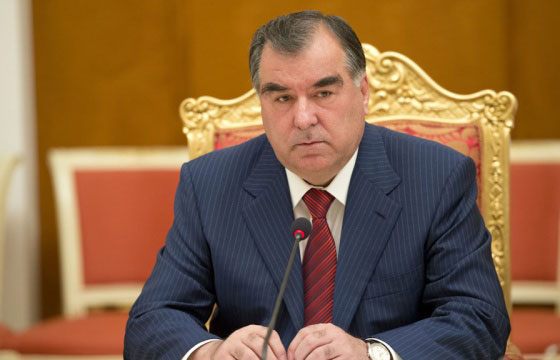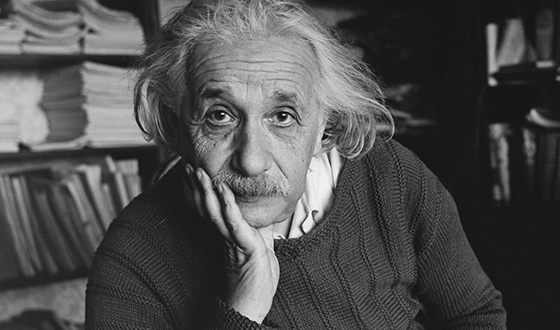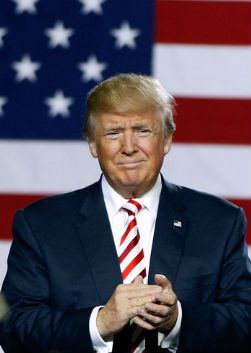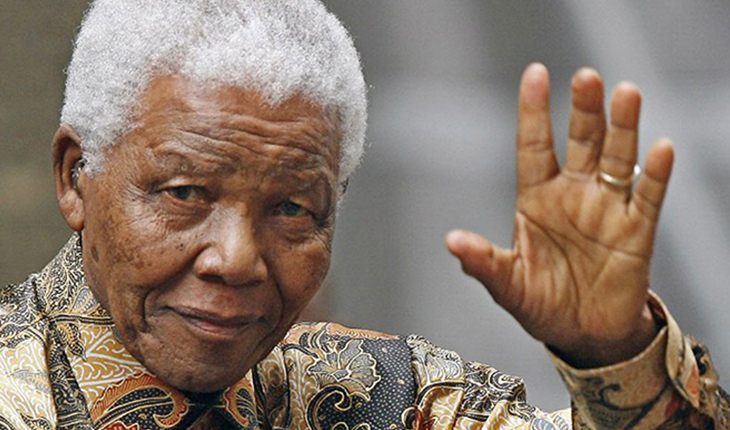Joseph Stalin
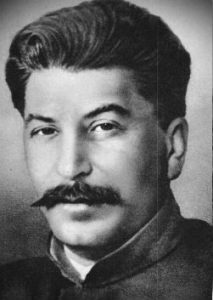 Joseph Stalin (present: Dzhugashvili) – active revolutionary, leader of the Soviet state from 1920 to 1953, Marshal and Generalissimo of the USSR. The period of his rule, called “the era of Stalinism”, was marked by victory in the Second World War, the amazing successes of the USSR in the economy, in eradicating the illiteracy of the population, in creating the country’s image as a superpower. At the same time, his name is connected with the horrific facts of the mass extermination of millions of Soviet people through the organization of artificial hunger, forced deportations, repression against opponents of the regime, and inner-party “purges”. In the photo: Joseph Vissarionovich Stalin Regardless of the crimes committed, he remains popular among Russians: a 2017 Levada Center survey showed that most citizens consider him an outstanding leader of the state. In addition, he unexpectedly took a leading position on the results of the audience vote during the 2008 TV project for choosing the greatest hero of the national history “Name of Russia”.
Joseph Stalin (present: Dzhugashvili) – active revolutionary, leader of the Soviet state from 1920 to 1953, Marshal and Generalissimo of the USSR. The period of his rule, called “the era of Stalinism”, was marked by victory in the Second World War, the amazing successes of the USSR in the economy, in eradicating the illiteracy of the population, in creating the country’s image as a superpower. At the same time, his name is connected with the horrific facts of the mass extermination of millions of Soviet people through the organization of artificial hunger, forced deportations, repression against opponents of the regime, and inner-party “purges”. In the photo: Joseph Vissarionovich Stalin Regardless of the crimes committed, he remains popular among Russians: a 2017 Levada Center survey showed that most citizens consider him an outstanding leader of the state. In addition, he unexpectedly took a leading position on the results of the audience vote during the 2008 TV project for choosing the greatest hero of the national history “Name of Russia”.
PARTICIPATION IN THE REVOLUTIONARY MOVEMENT
In his last year of studies, Joseph was expelled from the seminary with the issuance of a document on the right to work as a teacher in the institutions that provided primary education. From 1899, he began to professionally engage in revolutionary work, in particular, he joined the committees of the Party of Tiflis and Batumi, participated in attacks on banking institutions to receive funds for the needs of the RSDLP. Joseph Stalin in his youth In the period 1902-1913. he was arrested eight times and sent into exile seven times as a criminal punishment. But between arrests, while at large, he continued to be active. For example, in 1904, he organized the grandiose Baku strike, which ended with the conclusion of a contract between the workers and the oil owners. By necessity, the young revolutionary then had many party pseudonyms — Niizhradze, Soselo, Chizhikov, Ivanovich, Koba. Their total number exceeded 30 names. In the period 1902-1913. Joseph Stalin was arrested eight times. In 1905, at the first party conference in Finland, he first met Vladimir Ulyanov-Lenin. Then – was a delegate to the IV and V congresses of the party in Sweden and in the UK. In 1912, at the plenum of the party in Baku, he was included in absentia in the Central Committee. In the same year, he decided to finally change his name to the party nickname “Stalin”, consonant with the well-established pseudonym of the leader of the world proletariat. In 1913, the “fiery Colchian,” as Lenin sometimes called him, once again fell into exile. Freed in 1917, together with Lev Kamenev (the last name is Rosenfeld), he headed the Bolshevik’s Pravda newspaper, working on the preparation of an armed uprising. HOW STALIN COME TO POWER? After the October Revolution, Stalin joined the Council of People’s Commissars, the Bureau of the Party Central Committee. During the Civil War, he also held a number of responsible posts and gained tremendous experience in political and military leadership. In 1922, he took the post of Secretary General, but the Secretary General in those years was not yet the head of the party. Joseph Stalin, Vladimir Lenin and Mikhail Kalinin during the Eighth Party Congress, March 1919 Read: 12 stars who left Russia forever When Lenin died in 1924, Stalin led the country, defeating the opposition, and proceeded to industrialization, collectivization and cultural revolution. The success of Stalin’s policy lay in a competent personnel policy. “Cadres decide everything” – this is a quote from Joseph Vissarionovich on a speech in front of graduates of military academies in 1935. During the first years in power, he appointed more than 4,000 party functionaries to responsible posts, thereby forming the backbone of the Soviet nomenclature. Joseph Stalin. But above all, he eliminated competitors in the political struggle, not forgetting to take advantage of their work. Nikolai Bukharin became the author of the concept of the national question, which the Secretary General took as the basis of his course. Grigory Lev Kamenev owned the slogan “Stalin is Lenin today”, and Stalin actively promoted the idea that he was the successor to Vladimir Ilyich and literally implanted the cult of Lenin’s personality, he strengthened the leader’s sentiments in society. Well, Lev Trotsky, with the support of his ideologically close economists, developed a plan for accelerated industrialization. Lenin and Stalin. Read: 20 questions that will tell about you more than any psychologist. It was the latter who became the main opponent of Stalin. The disagreements between them began long before that – back in 1918, Joseph was outraged that Trotsky, a novice in the party, was trying to teach him the right course. Immediately after the death of Lenin, Lev Davidovich fell into disgrace. In 1925, the Central Committee plenum summed up the “harm” that Trotsky’s speeches delivered to the party. The leader was removed from his post as head of the Revolutionary Military Council, Mikhail Frunze was appointed in his place. Trotsky was expelled from the USSR; a struggle began in the country against manifestations of “Trotskyism.”
